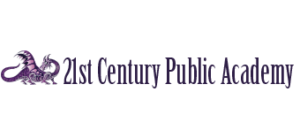Academic Rigor: Fifth grade generally introduces more advanced and complex academic content compared to fourth grade. Subjects like math, reading, and science may involve more challenging topics and require higher-level thinking skills.
Reading and Writing: In fifth grade, there is a shift from reading to learn to using what you read to extend your learning. Students will be expected to comprehend more complex texts and write longer, more structured essays or reports.
Mathematics: Fifth-grade math introduces pre-algebra concepts, such as working with fractions, decimals, and basic algebraic expressions. Students will also explore geometry in greater depth.
Science: The science curriculum in fifth grade will cover topics like matter, energy, ecosystems, and scientific investigation with more in-depth exploration and hands-on experiments.
Social Studies: Fifth graders typically study American history, geography, and government, delving into historical events, important figures, and the structure of the U.S. government.
Independence and Responsibility: Fifth graders are encouraged to take more responsibility for their learning, homework, and organizational skills as they prepare for the transition to middle school.
Social Skills and Relationships: In fifth grade, students continue to develop their social skills and navigate more complex social relationships with peers.
Transition to Middle School: As fifth graders are the oldest students in elementary school, they often play a leadership role and may participate in activities to help them transition smoothly to middle school.
Overall, the transition from fourth to fifth grade represents a significant step in a student’s academic and social development. Teachers and educators ensure that the curriculum and learning experiences align with the developmental needs of fifth-grade students to help them thrive and prepare for the next stage of their educational journey.

Jennifer Drawbond

DeeAnna Rutherford

Sabrina Carrillo


